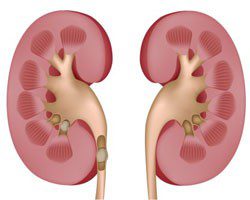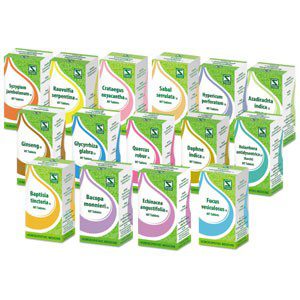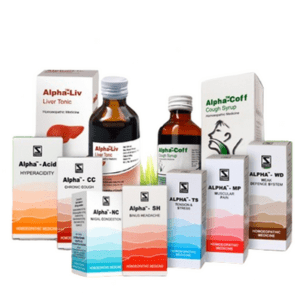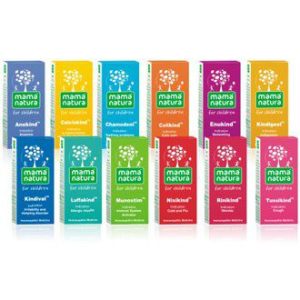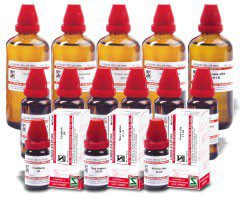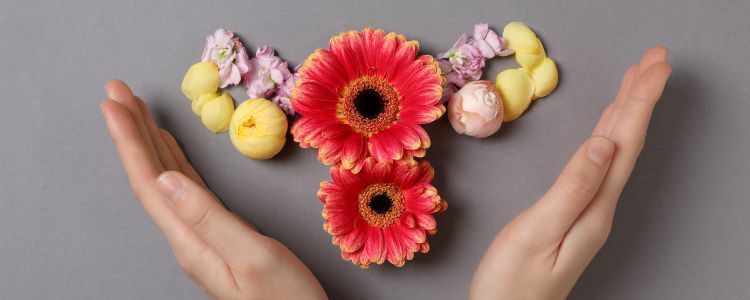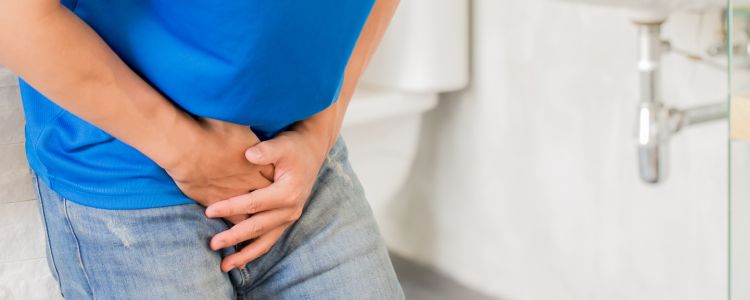
Leucorrhea: Causes, Symptoms & Homeopathic Treatment Options
- Dr. P T Ponmani
- No Comments

Table of Contents
ToggleWhat Is Leucorrhoea, and When Is It Normal?
Vaginal discharge, also called leukorrhea, is a fluid naturally released from the cervix and vagina. It’s usually clear or white and varies throughout the menstrual cycle. Leucorrhoea, often referred to as white vaginal discharge, is something nearly every woman experiences at some stage of her life. While it’s typically part of the body’s natural process, keeping the vagina clean and infection-free, it can sometimes indicate underlying health issues. In this guide, we’ll break down what leucorrhoea is, why it happens, and how homeopathy can offer a gentle, effective, and holistic approach to its management.
Normal discharge:
- Color: Clear, white, or slightly yellowish
- Consistency: Changes with hormonal shifts—thicker before ovulation, more watery during ovulation
- Odor: Mild or none
- Function: Helps flush out dead cells and harmful microorganisms
However, it’s time to dig deeper if the discharge becomes heavy, changes color, smells bad, or is accompanied by itching or burning.
Common Causes of Abnormal Vaginal Discharge (Leucorrhoea)
Several physical, psychological, and lifestyle-related factors can influence Leucorrhoea. Here’s what could be going on:
1. Infections
- Fungal (Yeast): Thick, white, lumpy discharge with itching
- Bacterial Vaginosis: Fishy-smelling gray or white discharge
- STIs (Trichomoniasis): Frothy, greenish-yellow discharge with odor
2. Hormonal Imbalances
- Estrogen fluctuations during puberty, pregnancy, or menopause
3. Poor Hygiene
- Shared toilets, unclean underwear, or excessive use of scented products
4. Foreign Bodies
- Forgotten tampons or contraceptive devices
5. Chronic Illnesses
- Diabetes and anemia lower immunity and promote infections
6. Stress & Anxiety
- Psychological factors influence hormonal balance
Also Read Why More Women Are Turning to Homeopathy for PCOD/PCOS Treatment
Recognizing the Symptoms
If you’re experiencing any of the following, the discharge may not be normal:
- Persistent white, yellow, green, or gray discharge
- Itching, redness, or swelling around the vulva
- Pain during intercourse or urination
- Lower abdominal pain
- General fatigue, dizziness, or digestive issues
- Burning sensation while peeing
Diagnosing Leucorrhoea: A Multi-Angle Process
Diagnosis isn’t just about what the discharge looks like—it’s about understanding the bigger picture. A gynecologist or homeopath may consider:
- Medical history and lifestyle
- Vaginal smears and microscopic tests
- Blood, urine tests
- Pap smears or biopsies (if malignancy is suspected)
The Homeopathic Approach: Treating the Root Cause
Unlike conventional treatments that often target only the symptoms, homeopathy aims to treat the underlying cause and considers the individual as a whole, physically, emotionally, and mentally. There are various homeopathic dilutions and mother tinctures that helps treat this condition.
These remedies are safe, non-habit forming, and selected based on a person’s symptoms and constitution.
Understanding Its Impact: More Than Just a Physical Issue
Leucorrhoea can be emotionally distressing. Many women feel embarrassed to talk about it, even with doctors. It can affect self-esteem, intimate relationships, and overall quality of life.
Homeopathy not only treats physical symptoms but also addresses emotional disturbances such as anxiety, depression, and stress, which can be both causes and effects of the condition.
Also Read Vaginal Bleeding During Early Pregnancy: Causes & Treatment
Diet and Lifestyle: Simple Changes, Big Impact
A few mindful choices can significantly support your recovery:
Foods to Eat:
- Fresh curd and yogurt (natural probiotics)
- Fresh fruits and vegetables
- High-fiber whole grains
- Coconut water and herbal teas
Foods to Avoid:
- Sugary treats (cakes, ice cream, pastries)
- Mushrooms (fungal source)
- Spicy and oily foods
- Alcohol
Lifestyle Tips:
- Wearing loose, breathable cotton underwear
- Keep genital area dry and clean
- Avoid douching or harsh feminine hygiene products
- Stay hydrated
- Manage stress through meditation, exercise, or journaling
- Avoid self-medication—especially with over-the-counter creams or antibiotics
Things that help:
- Eat probiotic-rich foods (yogurt, kefir, curd)
- Stay hydrated — water helps flush toxins
- Get regular gentle movement (even a 30-minute walk helps)
- Practice good hygiene (skip the douches and scented washes!)
- Choose breathable cotton underwear and change often if you sweat
- Manage stress — meditation, breathing, journaling or whatever works for you
Things to cut back on:
- Sugary treats (sugar feeds yeast)
- Spicy, oily, or heavily processed food
- Mushrooms (can worsen fungal infections)
- Alcohol
- Using other people’s towels or undergarments
When to See a Doctor Immediately
Some symptoms that need immediate medical attention:
- Green, yellow, or gray discharge
- Bad odor
- Painful urination or intercourse
- Bleeding between periods
- Fever or chills
- Swelling or redness in the genital area
Early intervention prevents complications and ensures quicker recovery.
Also Read Healing Naturally: Can Homeopathy Really Cure Fistula
Homemade Remedies For Mild Cases
While you should always consult a healthcare provider, these home remedies may support healing:
- Coriander Seed Water: Soak seeds overnight, and drink the water in the morning
- Lady Finger (Okra): Acts as a natural cleanser
- Bananas: Provide fiber and balance digestion
- Cranberry Juice: Prevents bacterial infections
- Lemon Water Wash: Natural antiseptic (use in moderation)
Why Homeopathy Stands Out
- Holistic: Treats the root cause and the person as a whole
- Gentle: Safe for long-term use with no side effects
- Personalized: No one-size-fits-all; treatments are tailored
- Empowering: Encourages emotional balance and overall wellness
The Bigger Picture: Societal and Cultural Views
In many cultures, talking about vaginal health is taboo. Women silently suffer due to lack of awareness and social stigmas. However, empowering yourself with knowledge and seeking help is the first step toward healing.
As more research shows, leucorrhoea is not just a medical condition—it’s a psychosocial issue that deserves compassion and open conversation.
Final Thoughts: Embrace Your Health, Not the Shame
Leucorrhoea is common and doesn’t define your health or worth. The key lies in understanding your body, recognizing what’s normal, and seeking help when something feels off.
Homeopathy offers a beautiful, time-tested approach to restoring harmony within your body and daily life. Combined with good hygiene, healthy food, emotional care, and awareness, you can overcome leucorrhoea and thrive in your feminine health journey. Leucorrhoea isn’t something dirty or shameful — it’s your body talking to you. Sometimes, it’s just doing its job. Other times, it’s asking for a bit of support.
How Homeopathy Approaches Leucorrhoea
This is where homeopathy shines. Rather than just masking symptoms with quick fixes, homeopathy looks at the whole picture — your physical symptoms, emotional health, personality, and even how you respond to stress.
Homeopathy offers that support — softly, respectfully, and in tune with your whole self. If you’re dealing with recurrent white discharge, don’t suffer quietly. Whether you’re 16 or 60, your health matters. You deserve answers, healing, and the kind of care that sees you as a patient and a whole person.











